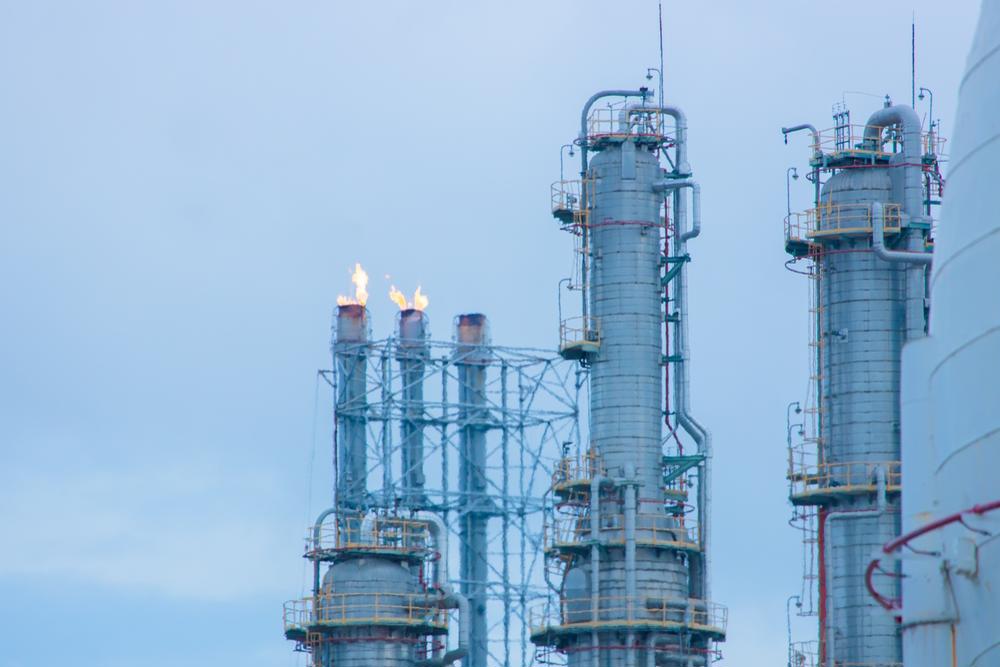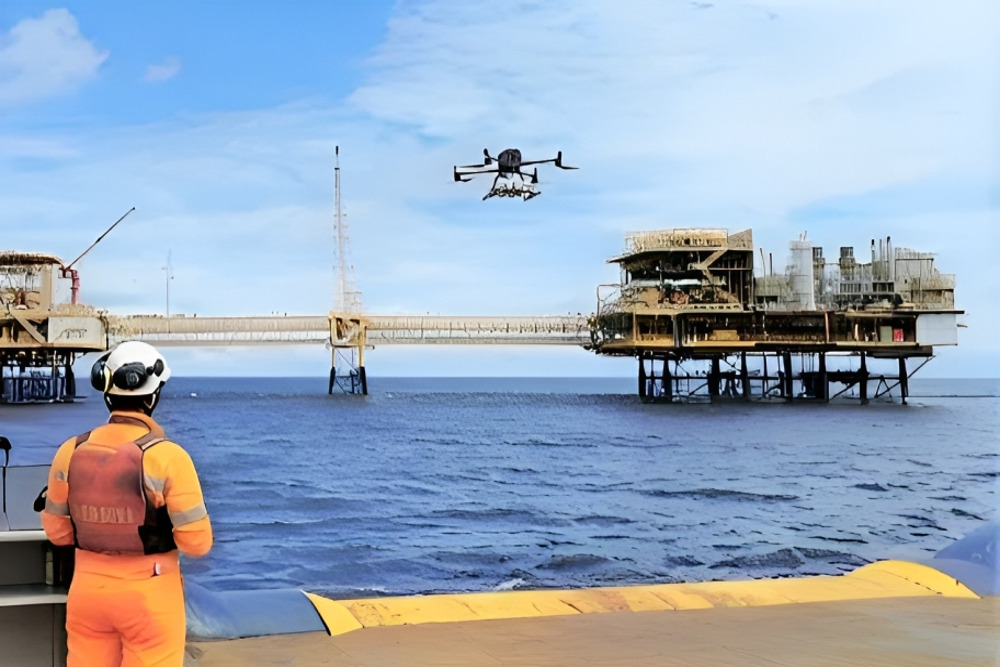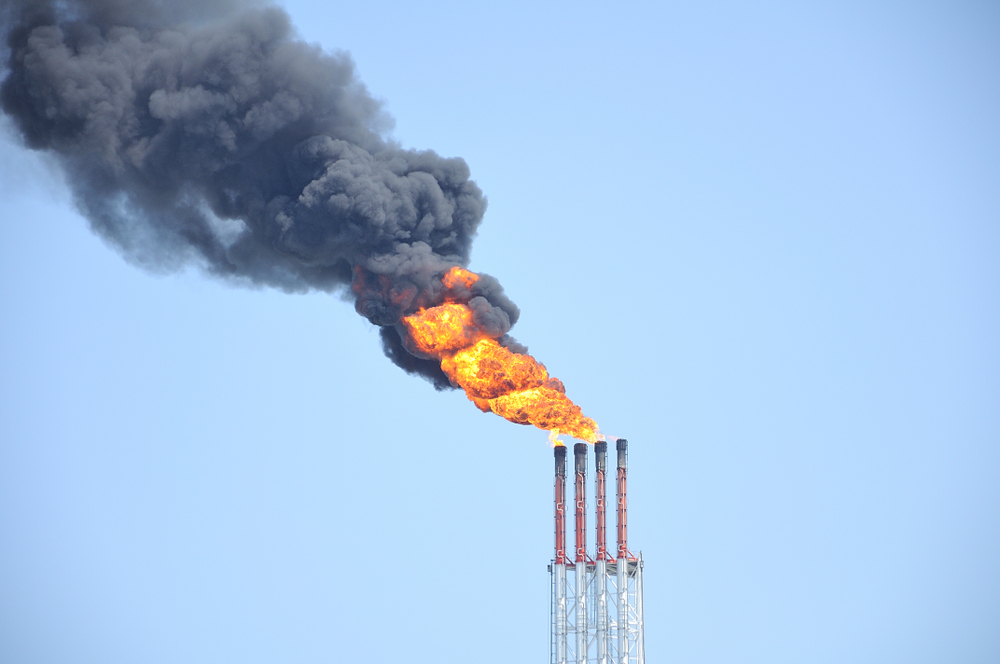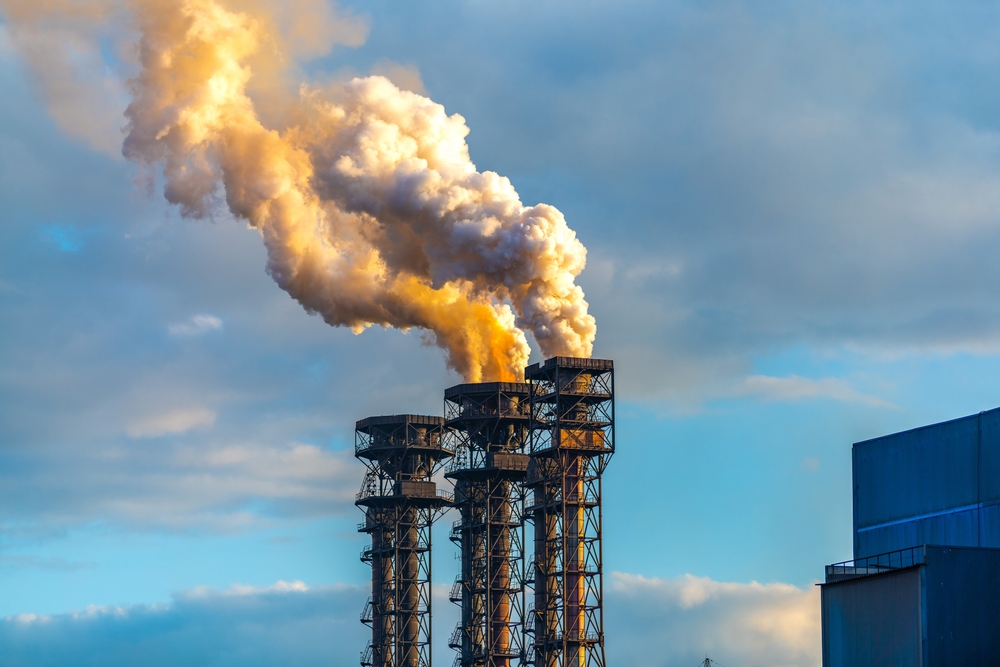
The Australian government has announced a new initiative to accurately measure methane emissions from coal and gas companies, marking a significant step in addressing climate pollution.
Methane, a powerful greenhouse gas, has been identified as a major contributor to global warming.
According to recent research, it traps 85 times more heat than carbon dioxide over a 20-year period, significantly accelerating climate change.
This heightened warming effect has been linked to recent extreme weather events, including unprecedented winter heat waves and record temperatures.
The government’s plan includes the establishment of a committee led by Australia’s Chief Scientist to advise on more accurate measurement and reporting methods for methane emissions.
This initiative is particularly focused on the oil and gas industry, which is a significant source of methane pollution.
Dr Jennifer Rayner, Climate Council Head of Policy and Advocacy, emphasised the importance of this step, stating: “Cutting methane pollution is our best chance to slow dangerous warming this decade. The good news is that we already have the technology to rapidly slash methane from some of its biggest sources, particularly the coal and gas industries.”
This new plan is expected to have significant implications for the oil and gas industry in Australia.
Companies in this sector will likely face increased scrutiny and potentially stricter regulations regarding their methane emissions.
The accurate measurement of these emissions is seen as a crucial first step towards implementing effective reduction strategies.
The oil and gas industry, along with other sectors of the economy, will need to adapt to these new measurement standards and prepare for potential future regulations aimed at reducing methane emissions.
This initiative represents a significant shift in Australia’s approach to climate change mitigation, with a particular focus on the contributions of the fossil fuel industry.
As this plan moves forward, it will be crucial for the government, industry stakeholders, and environmental organisations to work together to ensure effective implementation and meaningful reductions in methane emissions from all sectors, including oil and gas.







